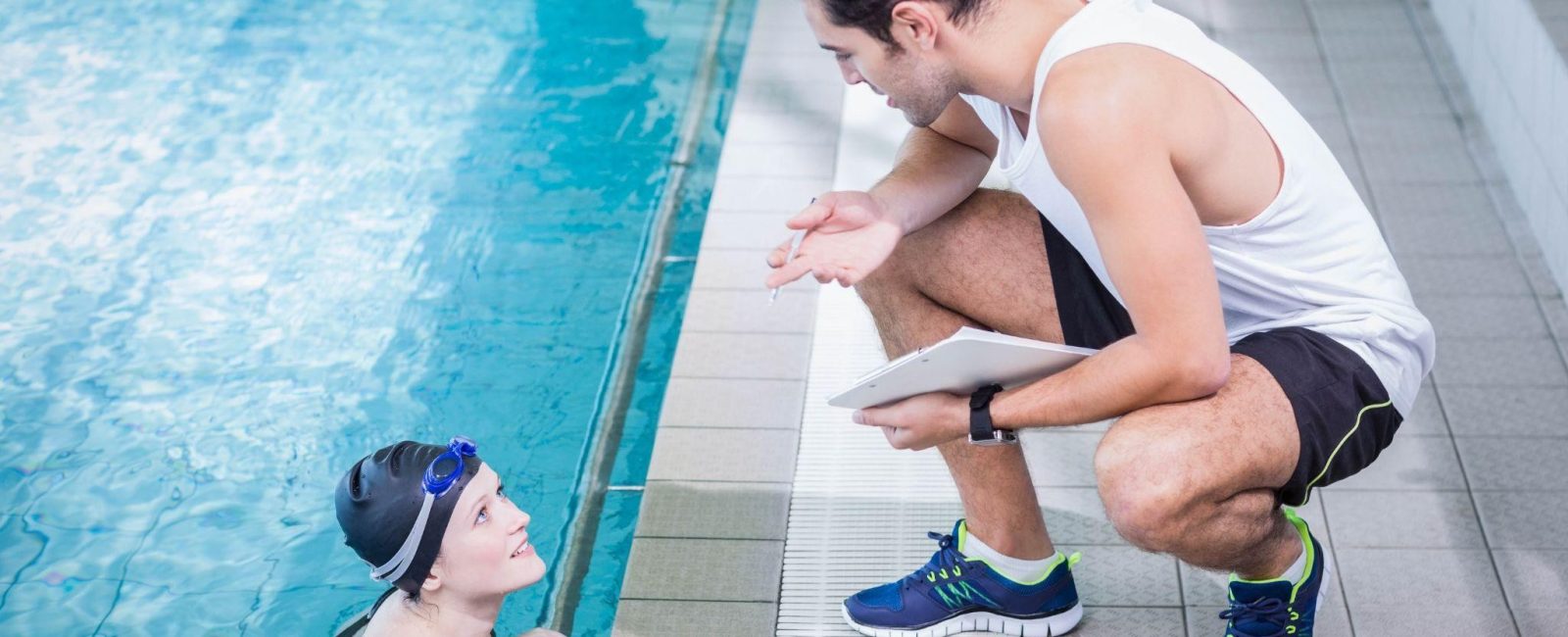
Living in New Zealand, a nation surrounded by stunning coastlines, sparkling lakes, and winding rivers, water is an inescapable part of life. Whether you’re enjoying a summer dip at Piha Beach, kayaking on Lake Taupo, or simply cooling off in your backyard pool, knowing how to handle yourself in the water is essential. Yet, many Kiwis overestimate their swimming abilities or haven’t had the chance to build confidence in aquatic environments. That’s where adult swimming lessons in Auckland come in, offering a practical way to master life-saving skills tailored to our unique water-rich lifestyle.
Why Do Swimming Lessons Matter?
You might think, “I’ve survived this long without lessons—why bother now?” Fair question. But here’s the thing: New Zealand’s water culture is both a blessing and a risk. We’re drawn to it. Stats NZ says over 80% of us live within 10 kilometers of the coast, but drownings remain a sobering reality. In 2023 alone, Water Safety New Zealand reported dozens of preventable deaths, many involving adults who overestimated their skills or underestimated the conditions.
Drawing inspiration from water safety experts, here is a list of 5 critical skills that could one day save your life or someone else’s in the water. These aren’t just tips for kids; they’re vital for adults too, especially if you’ve never had formal training or want to brush up on rusty techniques. Let’s dive in –
1. Floating: Your Lifeline to Stay Calm
Imagine this: you’re out on a boat with friends near the Hauraki Gulf, and a rogue wave tips you overboard. Panic sets in, your arms fail, and you’re swallowing saltwater. The first skill you need is the ability to float. Floating isn’t just a lazy pool trick. It’s a survival tactic that buys you time to think, breathe, and assess your next move.
Floating on your back keeps your face out of the water, letting you catch your breath and conserve energy. For Aucklanders, where unpredictable tides and rips are part of the coastal package, this skill is non-negotiable. During adult swimming lessons specifically, your swim coach often teaches you how to relax your body, spread your arms and legs slightly, and let the water’s buoyancy do the work. It’s not about strength. It’s about staying calm and trusting the water to hold you up. Master this, and you’ve got a foundation for surviving unexpected plunges.
2. Treading Water: Staying Afloat Under Pressure
Picture yourself swimming at Mission Bay when a strong current pulls you further from shore than you’d planned. Your legs are tiring, and the beach looks like a distant speck. This is where treading water becomes your best mate. It’s the skill that keeps you upright and breathing when you can’t touch the bottom or swim to safety right away.
Treading water uses a mix of gentle kicks and arm movements, like a slow eggbeater motion, to keep your head above the surface. It’s less about speed and more about endurance. You’ll learn how to do this efficiently, avoiding the wild thrashing that burns energy fast. For New Zealanders, where water conditions can change in a heartbeat, treading water could mean the difference between waiting for a rescue or succumbing to exhaustion.
3. Swimming Efficiently: Getting to Safety
Let’s say you’re caught in a rip at Bethells Beach. The water’s dragging you out, and you know panicking won’t help. Swimming efficiently, using a strong, steady stroke like freestyle or breaststroke, can get you back to shore or at least out of danger. This isn’t about Olympic-level speed; it’s about moving with purpose and saving your strength.
Efficient swimming means coordinating your arms, legs, and breathing so you’re not fighting the water. For Kiwis, who often face choppy seas or unexpected currents, knowing how to swim smart, not just hard, is a game-changer. It’s about getting to a safe spot, whether that’s the shore, a buoy, or a boat, without wearing yourself out.
4. Recognising and Escaping Rip Currents
New Zealand’s beaches are breathtaking, but they’re also notorious for rip currents—those sneaky, fast-moving channels of water that can pull even strong swimmers out to sea. Take Omaha Beach or Muriwai: gorgeous spots, but rips are a real risk. Knowing how to spot and escape them is a skill every water-loving Kiwi should have in their toolkit.
Rips often look like calm patches between breaking waves, sometimes with a darker hue or floating debris. If you’re caught in one, the trick is not to swim straight back to shore against it—that’s a losing battle. Instead, swim parallel to the beach until you’re out of the current, then angle back in. Swimming lessons often include rip education, teaching you how to stay cool-headed and use the water’s flow to your advantage. It’s a skill that could turn a terrifying ordeal into a manageable escape.
5. Performing a Basic Rescue: Helping Others
Water emergencies don’t always happen to you—they could involve a mate, a kid, or even a stranger. Imagine you’re at a barbecue by the Waikato River, and someone slips in, struggling to stay afloat. Knowing how to perform a basic rescue could save their life without putting yours at risk.
The golden rule is “reach or throw, don’t go”—use a stick, rope, or flotation device to pull them in rather than jumping in yourself. If you must enter the water, bring something buoyant (like a boogie board or life ring) to keep you both afloat. For New Zealanders, where water-based socialising is second nature, this skill turns you into a potential hero without needing a cape—just a clear head and some practice.
Putting It All Together
These five skills—floating, treading water, swimming efficiently, escaping rips, and performing a basic rescue aren’t just nice-to-haves. They’re your insurance policy against the unexpected. New Zealand’s waters are stunning, but they demand respect. A sudden drop-off in a lake, a rogue wave at Raglan, or a slip off a jetty can turn a fun day out into a fight for survival.
Take the Plunge
So, next time you’re eyeing a swim at St Heliers or planning a kayaking trip, ask yourself: am I truly prepared? If the answer’s shaky, consider signing up for adult swimming lessons in Auckland. It’s not about fear. It’s about empowerment. With these five skills in your back pocket, you’ll not only survive the water, you’ll thrive in it. After all, in a country like ours, where the ocean is practically a neighbor, being water-wise isn’t just smart, it’s essential. Dive in, Auckland. Your life might depend on it.












